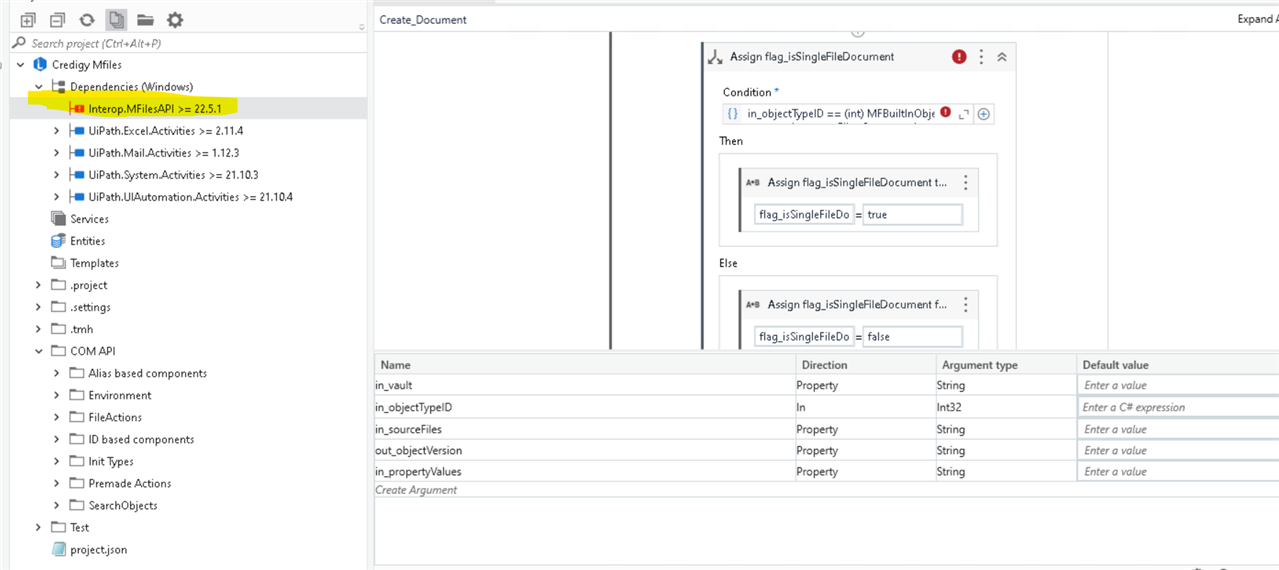Hello,
I am relatively new to the .net framework and I apologize if any vagueness is done.
After upgrading the .net version (from 4.8 to 6) in our machines, we lost the functions previously developed using the Mfiles COM API.
Is this an expected behaviour, the COM API is not compatible with the .net 6?
If not, is there any alternative or a plan to make it compatible in the future?
How about the rest API, would we face the same issue?
Thank you again for the excellent support!





